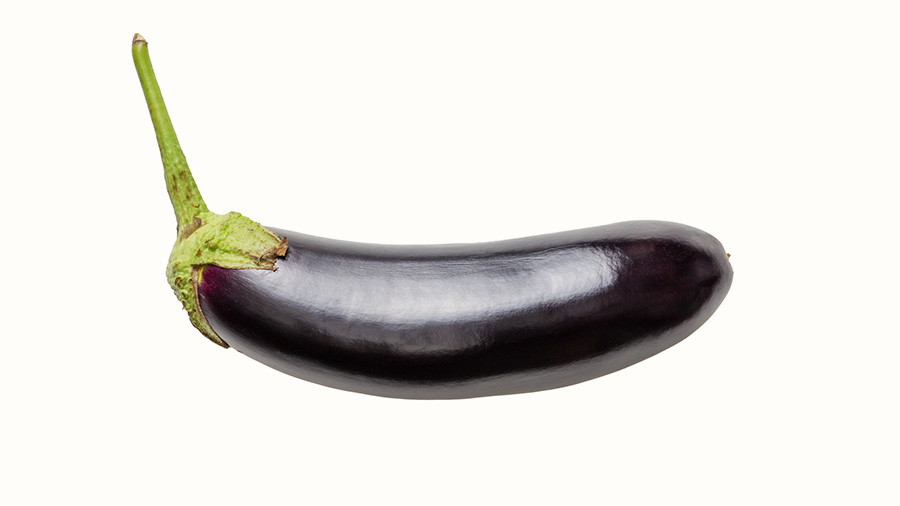Getting It Up: Italy’s Menarini Buys Rights To Distribute Cialis In China

EU investment into China’s soft consumer markets is hardening
EU sourced investment into China continues to be buoyant, despite political noises to the contrary coming from Brussels. Italian finance into and from China, generally perceived as sluggish, picked up in Q3 this year. The Italian lifestyle is being embraced in the PRC – with Italy being one of the few, and certainly largest EU member to have signed up to the Belt & Road Initiative. While most expectations of that collaboration have been on developing Italian Ports and infrastructure, and have subsequently pushed back due to covid, Italy of course has one of the world’s great lifestyles. Fashion, footwear, espressos and even the ability to make passionate love have all been on the Chinese radar this past few weeks as China looks to inject Latin culture into its own society. It’s a good example of where BRI connections can evolve into the cultural and soft consumer market sectors.
For example, China’s Fosun Group has acquired Sergio Rossi shoes and will distribute these in China, meaning Chinese executives are going to look cool. That will spur a market in footwear care, and maybe pave the way for other cobblers. The EU leather industry may also get a boost.
China’s Yum foods have agreed to co-invest another US$200 million into their existing JV with Italian coffee roasters and blenders Lavazza, making the drinking of traditional beverages such as espresso another element of Italian culture being aggressively pursued in China, and giving Starbucks a run for their money at the luxury end. There have been Italian coffee bars and street vendors in China before, but Lavazza will bring this to a new level. That means opportunities for Coffee machines, Espresso porcelain and the entire cool coffee culture – including flavoured syrups – to enter the Chinese market on the back of Lavazza’s plans. Italian cuisine will also receive a boost – with opportunities for importing varieties of vegetable sauces or even market gardening in China. The Chinese aubergine for example is a different species to that commonly found in Italian kitchens (pictured).
Chinese men meanwhile may well be the world’s greatest lovers (how else would one generate a population of 1.4 billion?) but it remains the Italians, along with the French, who maintain their reputations in the sack. Italy’s Menarini are helping Chinese men get their groove on by acquiring the China distribution rights to Cialis, a male impotency drug. Cue additional markets in lingerie, a new seduction industry and cool Italian music based in a renewed vigor to get your woman in the mood. It is also good news for Tigers, no longer needed to be parted from their penises as an aphrodisiac.
Looking at the opportunities in China and with the BRI is far more than just infrastructure. The Chinese population wish to acquire a more global aura of cool, and new mixes and trends will develop from this. It just takes a bit of market intelligence. It’s not a new phenomenon – Scotland’s Chivas Regal Whisky invented a whole new cocktail trend a few years ago when spotting that young nightclubbing Chinese were mixing it with green tea.
Meanwhile, at Dezan Shira & Associates, our European desks have had a bumper year in assisting EU businesses engage and invest in China. Our colleague Riccardo Benussi, based in Munich, has given us a 2022 recruitment shopping list for business development executives based in Scandinavia and Eastern Europe, and a boost to our French client capabilities with a French-speaking Chinese lawyer to be based in Shanghai. As a firm we are recruiting new personnel in both the EU and China due to increased China inbound investment demand.
The Italian investments are just the start. EU investment into China is far stronger than generally recognised – even by its own chamber – and EU businesses investing in the country will reap post Covid rewards. Italian influence in China for sure, is hardening, full of promise, and an examination of China’s embracing of European cultural consumer tastes should be undertaken by all EU parties. The opportunities to export that culture – as the Italians are doing – is a strong investment driver for 2022.
Related Reading
About Us
Silk Road Briefing is written by Dezan Shira & Associates. The firm has 28 offices throughout Asia, and assists foreign investors into the region. For strategic advisory and business intelligence issues please contact the firm at silkroad@dezshira.com or visit www.dezshira.com
 Le Esportazioni Italiane Verso La Cina: Regione per Regione
Le Esportazioni Italiane Verso La Cina: Regione per Regione Opportunities for Foreign Investors in China’s Service Industries After COVID-19
Opportunities for Foreign Investors in China’s Service Industries After COVID-19 An Introduction to Doing Business in China 2021
An Introduction to Doing Business in China 2021




